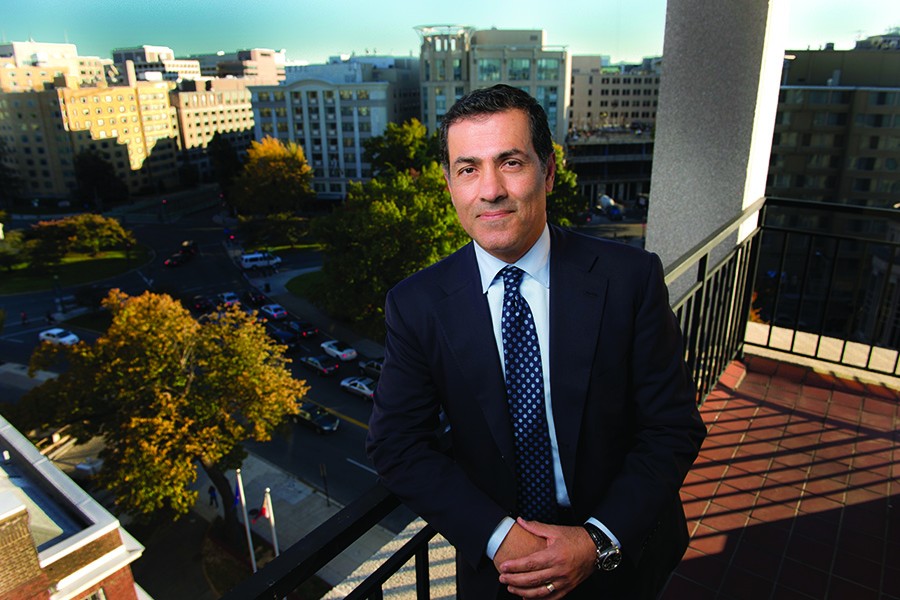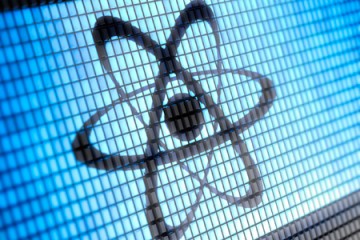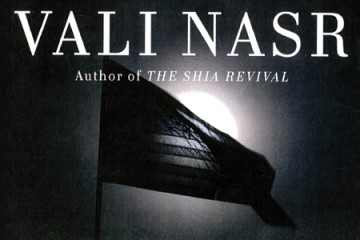Beijing appears on a map to be located far from the Middle East, and yet the Chinese capital is separated from Islamabad, Pakistan, by a mere 2,400 miles—about the same as New York from Los Angeles. The two regions are geographically closer than is often assumed, and as explored by Vali Nasr, dean of SAIS, in his new book, The Dispensable Nation: American Foreign Policy in Retreat (Doubleday), it is vital to acknowledge China as an economic and military power when considering the future of the Middle East. America's current foreign policy, he says, doesn't yet factor into its calculus that the much-discussed "pivot" to Asia includes the Middle East.
In Dispensable, Nasr uses his time at the State Department—when he was a senior adviser to Richard Holbrooke, President Barack Obama's special representative to Afghanistan and Pakistan in 2009 and 2010—to frame a larger discussion of U.S. foreign policy. Moving country by country through Afghanistan, Pakistan, Iran, Iraq, and the broader Middle East, he offers a sobering and insightful account of how different branches of the U.S. government approach foreign policymaking—from conception to implementation—and the factors that have prevented diplomacy in particular from taking a lead role in the two years Nasr spent in the Obama administration.
"As an outsider who went into the administration, I thought it was important to make a statement about the direction and impact of American foreign policy and generate a debate about the core challenges that we face," Nasr says during a phone interview.
"We are at a particularly challenging period where the world is changing, the distribution of power is changing, we're going through a turbulent phase, and it is time for us to take a serious look at our foreign policy and make sure that it is responding to our vital interests."
Those vital interests in the Middle East aren't merely energy resources and current political instability; that region is where, as Nasr writes in Dispensable, the "power rivalry with China will play out and where its outcome will be decided." Through a detailed account of increasing political, and particularly economic and trade, ties between Beijing and the broader Middle East, Nasr's perspective recognizes China's growing global influence and U.S. foreign policy's failure to engage China diplomatically about the Middle East as a shortsighted mistake. To put it bluntly, U.S. foreign policymakers aren't foreseeing where China stands on the Middle East; meanwhile, China views the Obama administration's pivot to Asia as a step to contain Beijing's influence. And so, as the U.S. seeks to pivot to Asia, it will find that China is pivoting west.
Dispensable is Nasr's call for America to see the "Middle East as an integral part of Asia," he writes, and to develop a foreign policy built on diplomacy instead of relying on displays of force. "The book is a very strong defense of the importance of diplomacy," Nasr says. "It has played a very important role in furthering American interests all along, and it appears we've lost that balance to some extent as we become much more reliant on hard power, on military solutions and military decision making than on diplomacy."
In that respect, the book is the latest example of Nasr bridging his professional policymaking experience with his scholarly endeavors. "This was actually going 'inside the building,' if you will," Nasr says of his move from academia to the State Department and working with Holbrooke. "The scholar in me greatly enjoyed observing a master at work at close hand and being able to reflect on it later. ... And as somebody who has taught and is now dean of a school of international affairs, I think that's the kind of leadership position that is necessary in American foreign policy. [Diplomacy] has played a very important role in furthering American interests all along, and I'm basically very hopeful about America's place in the world. It has played a very critical role in stability in the world economically, securitywise, and politically, and I hope that this book will be read with the view that that mission has to and will continue."
Posted in Voices+Opinion, Politics+Society
Tagged vali nasr, international relations, books, foreign policy










